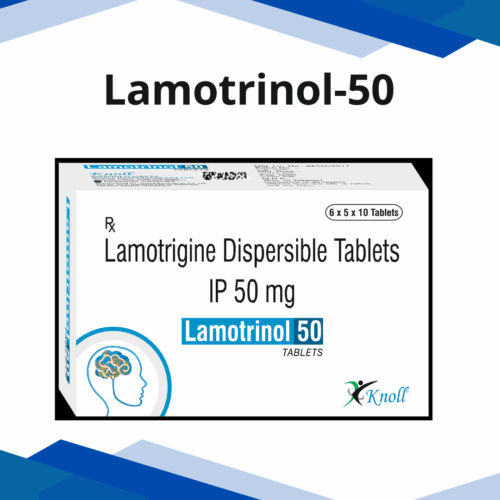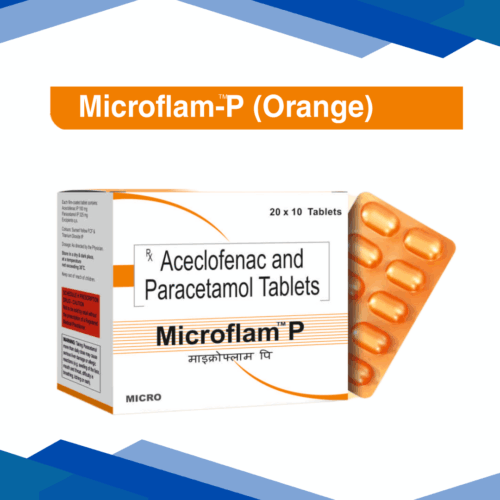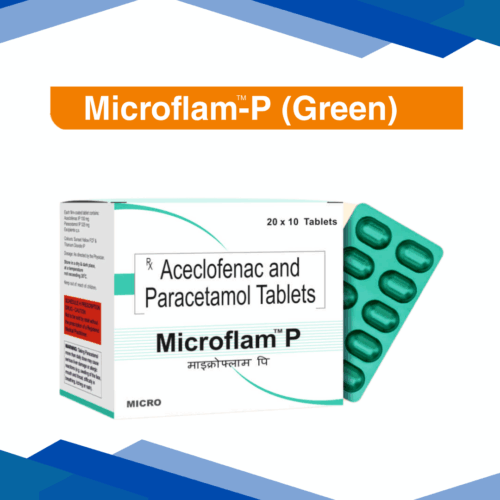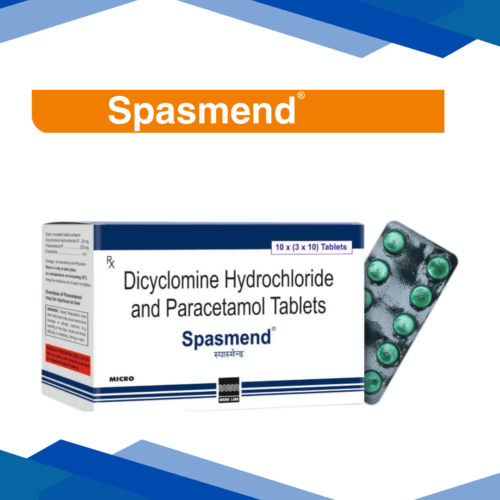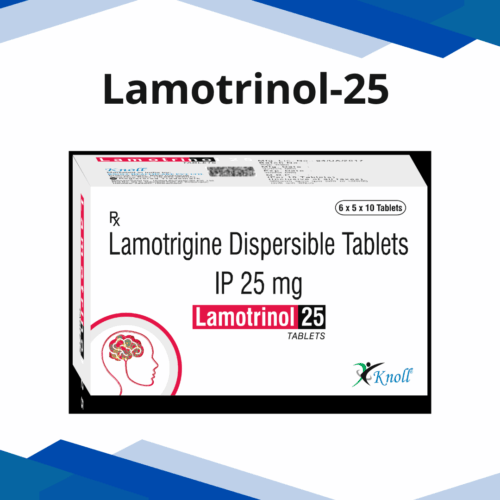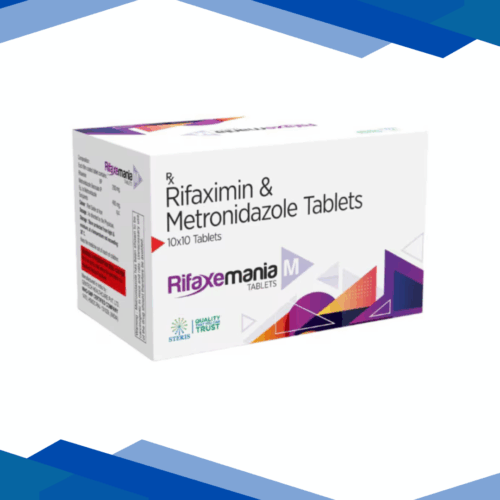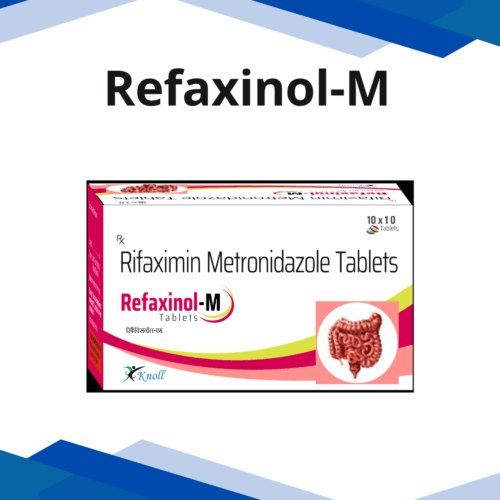METRONIDAZOLE
Overview
Metronidazole is an antibiotic effective against many infections caused by bacteria and parasites. It’s particularly useful in treating infections in the brain, reproductive system, gastro-intestinal tract, skin, vagina and other body parts.
Classification
Antibiotic and antiprotozoal medication
Uses
Metronidazole has been approved to treat:
Symptomatic trichomoniasis (a sexually transmitted infection) in adults that has been confirmed by culture or wet smear test
Asymptomatic trichomoniasis in females when associated with cervical changes, and in asymptomatic sexual partners
Amebiasis (an infection caused by a parasite) in adults and children
Anaerobic bacterial infections (infections caused by bacteria that do not need oxygen to survive).
How it works
Metronidazole is thought to work by first diffusing into the cytoplasm of the anaerobic bacteria where it is then activated and reduced into a short-lived nitroso free radical which can interact with DNA, causing a loss of the helical DNA structure, strand breakage, and bacterial death.
Dosage
As directed by the physician
Precautions
You should not use this medicine if you are allergic to metronidazole, secnidazole, or tinidazole, or if you:
Drank alcohol in the past 3 days
Consumed foods or medicines that contain propylene glycol in the past 3 days or
Took disulfiram (Antabuse) within the past 14 days
Have Cockayne Syndrome (a rare genetic disorder that affects growth and development).
Before taking metronidazole, tell your healthcare provider about all of your medical conditions, including if you:
Liver disease
Kidney disease (or if you are on dialysis)
A heart rhythm disorder
A stomach or intestinal disease such as Crohn’s disease
A blood cell disorder such as anemia (lack of red blood cells) or low white blood cell (WBC) counts
Medical problems that affect the brain or a nerve disorder
A yeast infection or a fungal infection anywhere in your body
A history of blood problems
Or take any medications, especially warfarin, lithium, busulfan, cimetidine, phenytoin, or phenobarbital
Side effects
Nausea, Vomiting, Paresthesia (tingling or pricking sensation), Agitation, Back pain, Blindness, Blurred vision, Altered speech pattern, Confusion, Decreased vision, Depression, Dizziness, Impaired coordination, Seizure, Slurred speech
Disclaimer
This content is for informational purposes only. Always consult a healthcare provider for medical advice and proper dosage.

